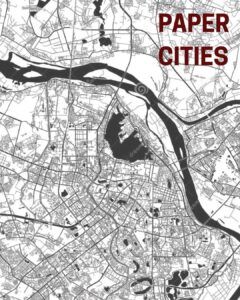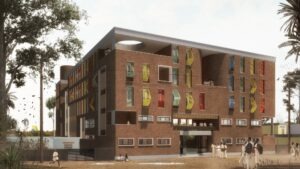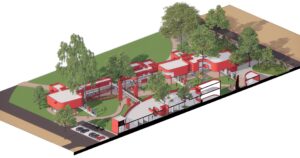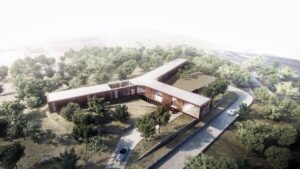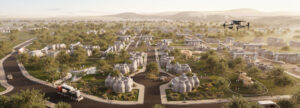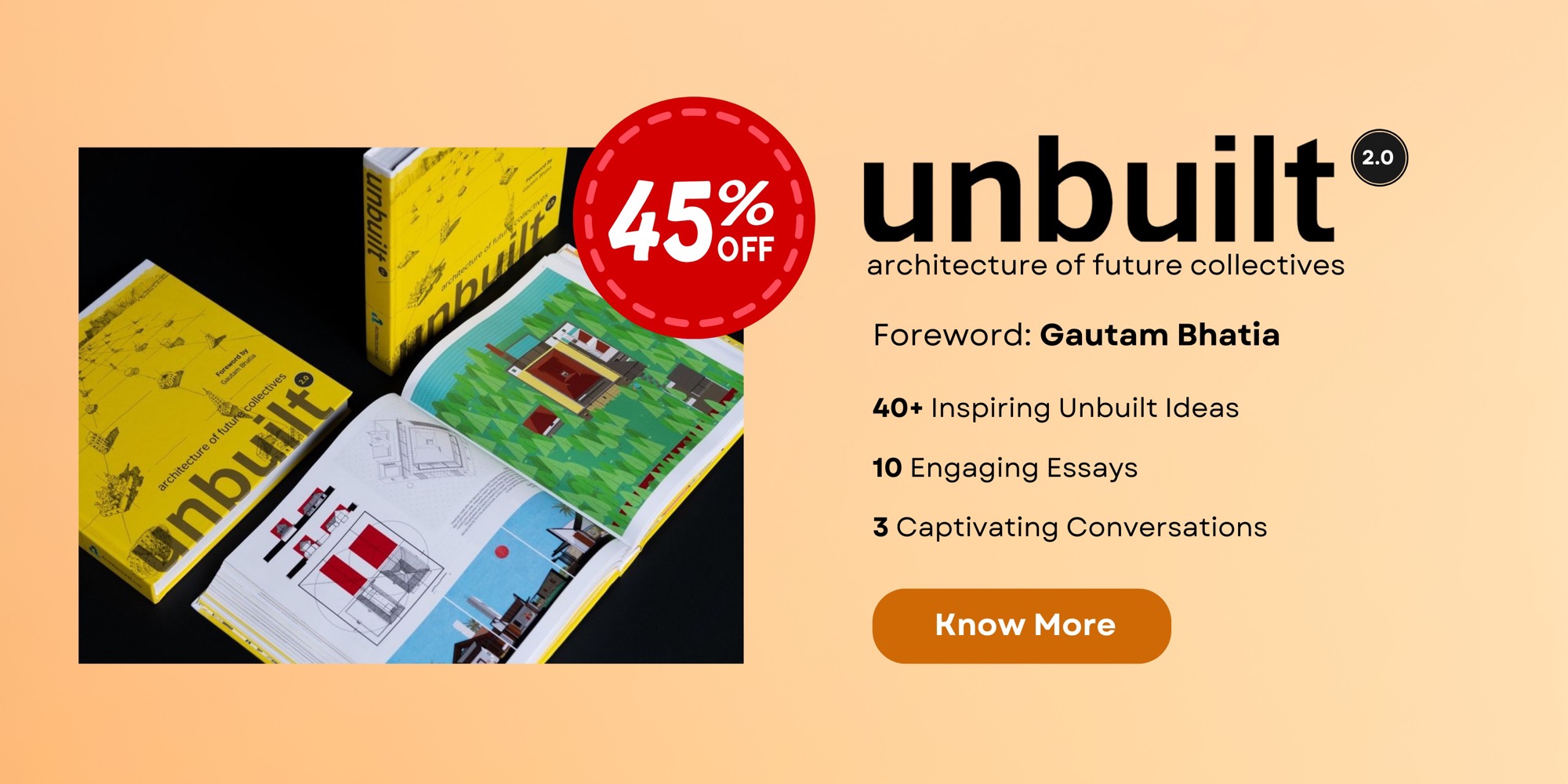
The Unbuilt as Future Collectives — A Conversation with Rupali Gupte, Bijoy Ramachandran, and Ruturaj Parikh
Curators Rupali Gupte, Bijoy Ramachandran, and Ruturaj Parikh, of the book “Unbuilt 2.0: Architecture of Future Collectives”, explore cooperative spatial alternatives that challenge individualistic design, emphasizing ecological repair, temporal flexibility, and architecture as social infrastructure for emerging collective forms of living. through this conversation.


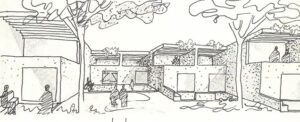
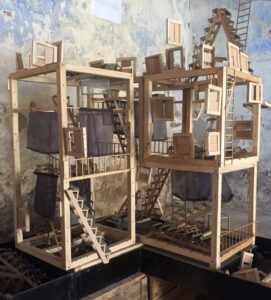
![National war memorial, New Delhi. © RLDA Studio. [why un-built matters by Rahoul B. Singh]](https://unbuiltideas.com/wp-content/uploads/2025/07/National-war-memorial-New-Delhi.-©-RLDA-Studio-300x226.jpg)

